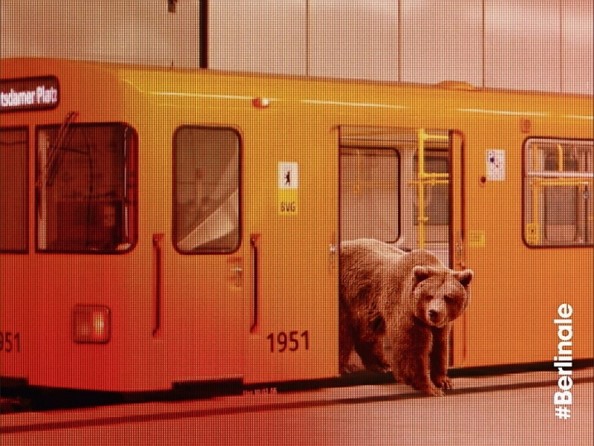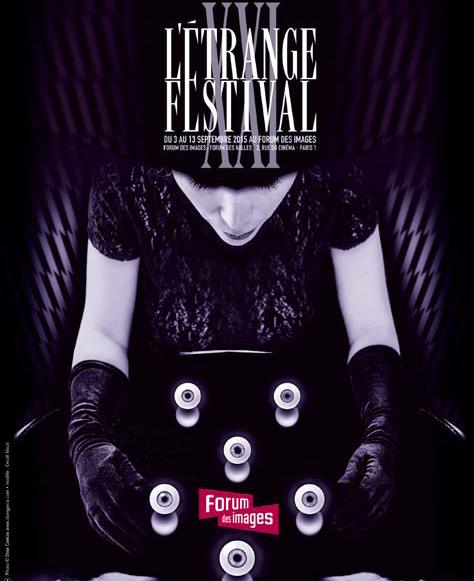
Berlin International Film Festival
11 – 21 February 2016
Berlin, Germany
Berlinale website
Now in it’s 66th year, the Berlinale opens on 11 February 2016 with Hail, Caesar! , the latest offering by Joel and Ethan Coen, starring George Clooney and other Hollywood greats, which sets the tone for a star-studded festival that still promises to offer plenty of discoveries, some true gems and real treasures across the sidebars as well as in the main Competition line-up.
Screening in Competition, we particularly look forward to Midnight Special by Jeff Nichols, director of Mud and Take Shelter. Starring his long-time collaborator Michael Shannon in another leading role, the film centres on a father and son who go on the run after the dad learns his child possesses special powers. Also competing for a Golden Bear are Boris Without Béatrice, from Denis Côté, who presented his eccentric debut Vic + Flo Saw A Bear at the 2013 Berlinale, Bosnian director Danis Tanović’s Death In Sarajevo (aka Looking For Europe), a film based on the play by French philosopher and writer Bernard-Henri Levy, and Thomas Vinterberg’s The Commune, which centres on a Danish commune in the 1970s.
Spike Lee’s Chi-Raq, a modern day adaptation of the ancient Greek play Lysistrata by Aristophanes, will play out of competition, alogside Dominik Moll’s News From Planet Mars, his long-awaited follow-up to The Monk. Plus, we look forward to the latest from Kiyoshi Kurosawa, Creepy, which screens in the Berlinale Special strand.
Under the title “Hachimiri Madness – Japanese Indies from the Punk Years”, the Forum is showing a special programme of newly digitised and subtitled Japanese 8-mm films from 1977 to 1990 which breathe the rebellious spirit of that era, very few of them have ever been shown internationally. The series includes Sion Sono’s I am Sion Sono!!, in which the then 22-year-old introduced himself to audiences as a punk poet in nonchalant, self-confident style, and Shinya Tsukamoto’s The Adventure of Denchu-Kozo, a hugely creative, wild cyberpunk drama, while also taking in the largely unknown early works of directors such as Sogo Ishii (today Gakuryu Ishii) and Shinobu Yaguchi, alongside Masashi Yamamoto’s anarchic feature debut Saint Terrorism and Nobuhiro Suwa’s gangster ballad Hanasaseru Gang.
The Berlinale Classics section will open with Fritz Lang’s 1921 silent film classic Der müde Tod (Destiny), presented in a digitally restored version and with new music, which will be performed live by the Radio Symphony Orchestra Berlin. Also screening in the strand are John Huston’s classic Fat City (1972), The Road Back (1937) directed by James Whale, and Heiner Carow’s East German semi-autobiographical film Die Russen kommen (The Russians are Coming, 1968), which is set in the waning days of World War II and was originally banned before completion by the GDR authorities.
Pamela Jahn

